- BlackVoter.Org
- Posts
- BLACKVOTER.ORG #78
BLACKVOTER.ORG #78
Empowering Awareness: Stay Grounded With Blackvoter.org Newsletter!
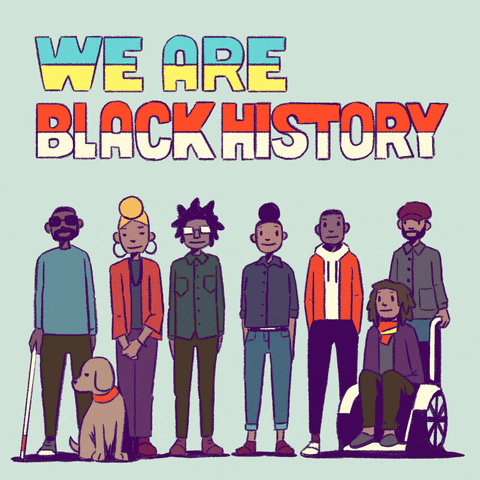


The American family is facing a decline, with fewer people getting married, falling fertility rates, and a decrease in the number of children growing up with married parents. Many have called for government intervention and policy changes to reverse this trend, but according to four new books on American families, the solution lies in a cultural shift rather than top-down solutions.
The obstacles to more marriages, more babies, and more stable families cannot be resolved through tax incentives, marriage promotion campaigns, or subsidized childcare. Instead, what is needed is a cultural paradigm shift that values family formation as an individual choice, supported by distributed cultural support rather than government intervention.
The books argue that economic incentives alone won't persuade people to have more children, as the real cost of having kids lies in the opportunity cost of giving up other aspects of life. Ultimately, the American family needs a holistic family-friendly overhaul that addresses cultural and policy barriers.
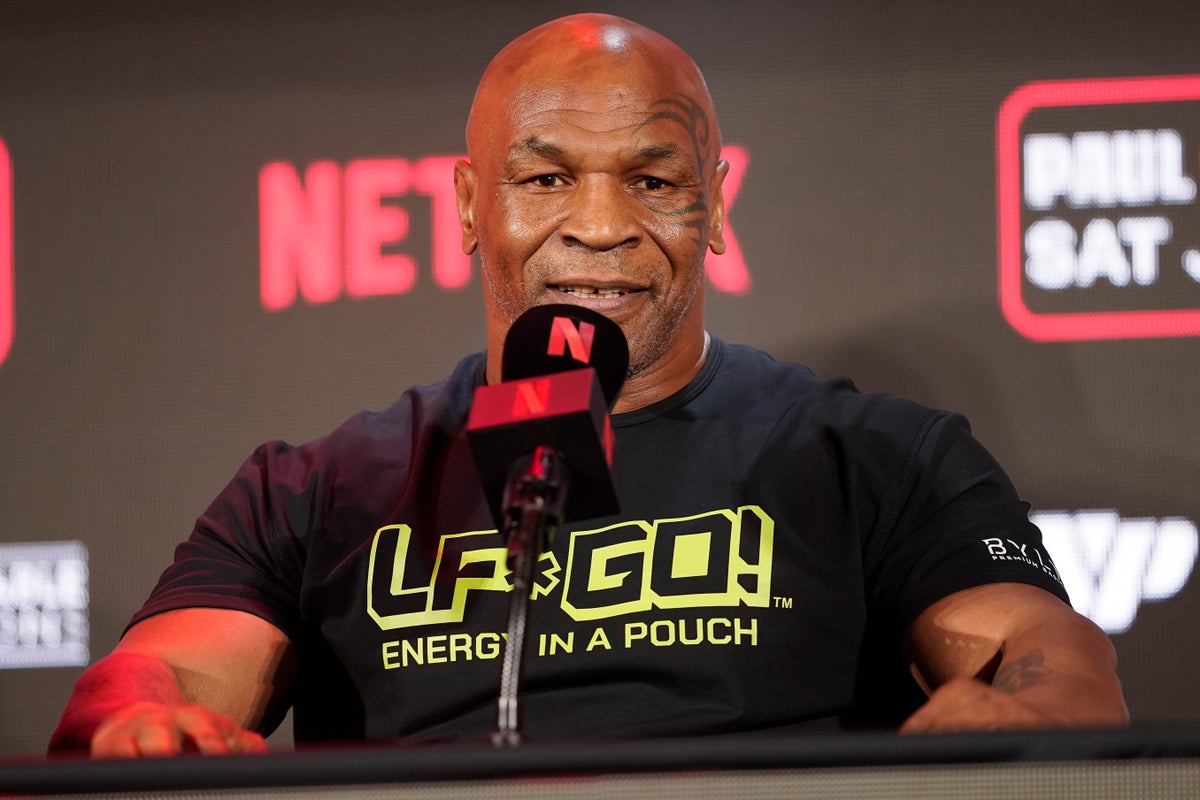
Former boxing champion Mike Tyson has compared Donald Trump's treatment in the legal system to that of Black Americans. In an interview with Semafor, Tyson defended the former president, stating that if he didn't know Trump was white, he would think he was Black based on the way he was treated by the media and in court.
The controversial comments come as Trump faces criticism for suggesting that his status as a convicted felon would endear him to Black Americans. Tyson himself has a criminal record, having been convicted of rape in 1992.
Tyson's remarks highlight the ongoing issues of racial inequality and bias in the US legal system, as well as the complex relationships between celebrities, politics, and race.
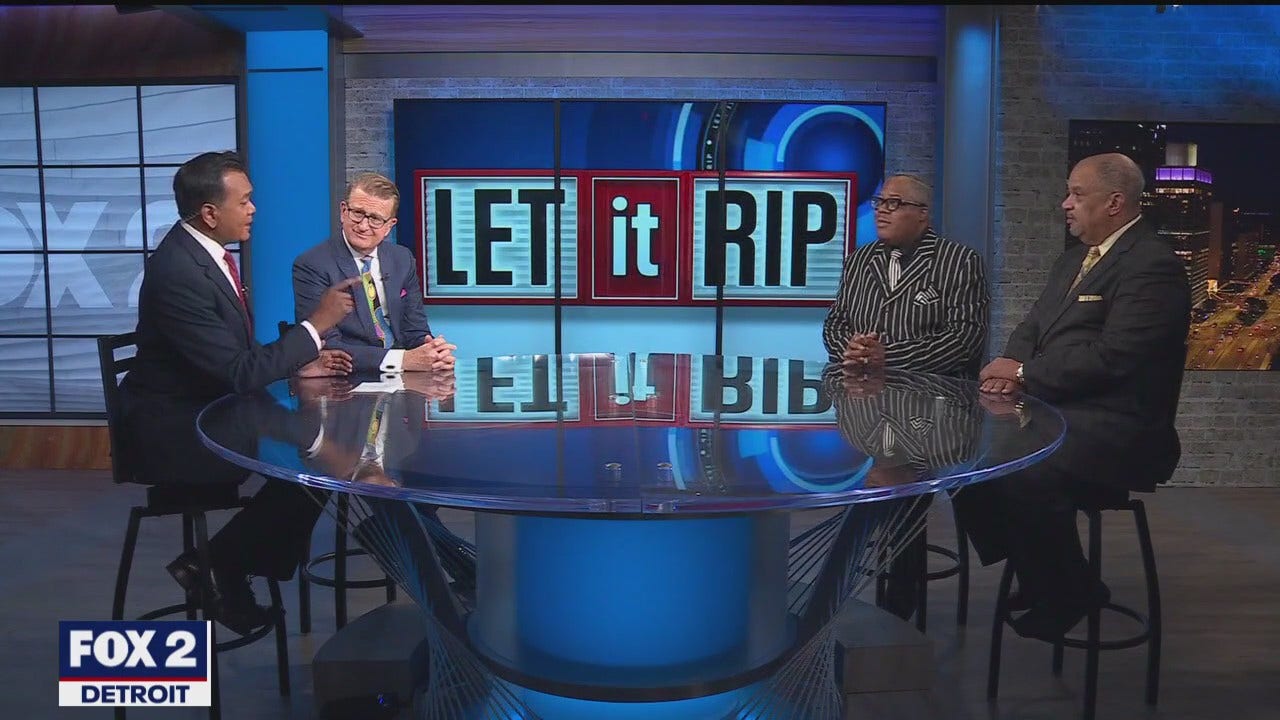
In a recent segment of "Let It Rip," experts discuss two important topics in the current political landscape. First, they delve into Donald Trump's recent pledge to eliminate taxes on tipping and debate whether this plan is feasible.
The panel examines the potential impact on the service industry and the economy as a whole. Then, the conversation shifts to Joe Biden's apparent decline in support from Black voters.
The panel examines the reasons behind this trend and discusses Trump's efforts to sway these voters to his side. Overall, the segment sheds light on two significant issues that could have a significant impact on the upcoming election.


Rural America's distrust of Joe Biden is rooted in the belief that the Democratic Party has abandoned them, according to this article from UnHerd. The author argues that the Democratic Party no longer competes for rural voters, resulting in a polarisation between blue urban areas and red countryside.
The article notes that although rural America represents only one in five people, the Republican Party has a stronghold in 24 states with large rural populations, offering them a disproportionate number of senators. The article suggests that the Democratic Party's neglect of rural voters dates back to the Obama presidency, when grassroots organising was abandoned and rural voters felt abandoned.
The piece concludes that for the Democrats to reclaim rural loyalty, they must invest in grassroots organising and demonstrate a willingness to engage with rural Americans.
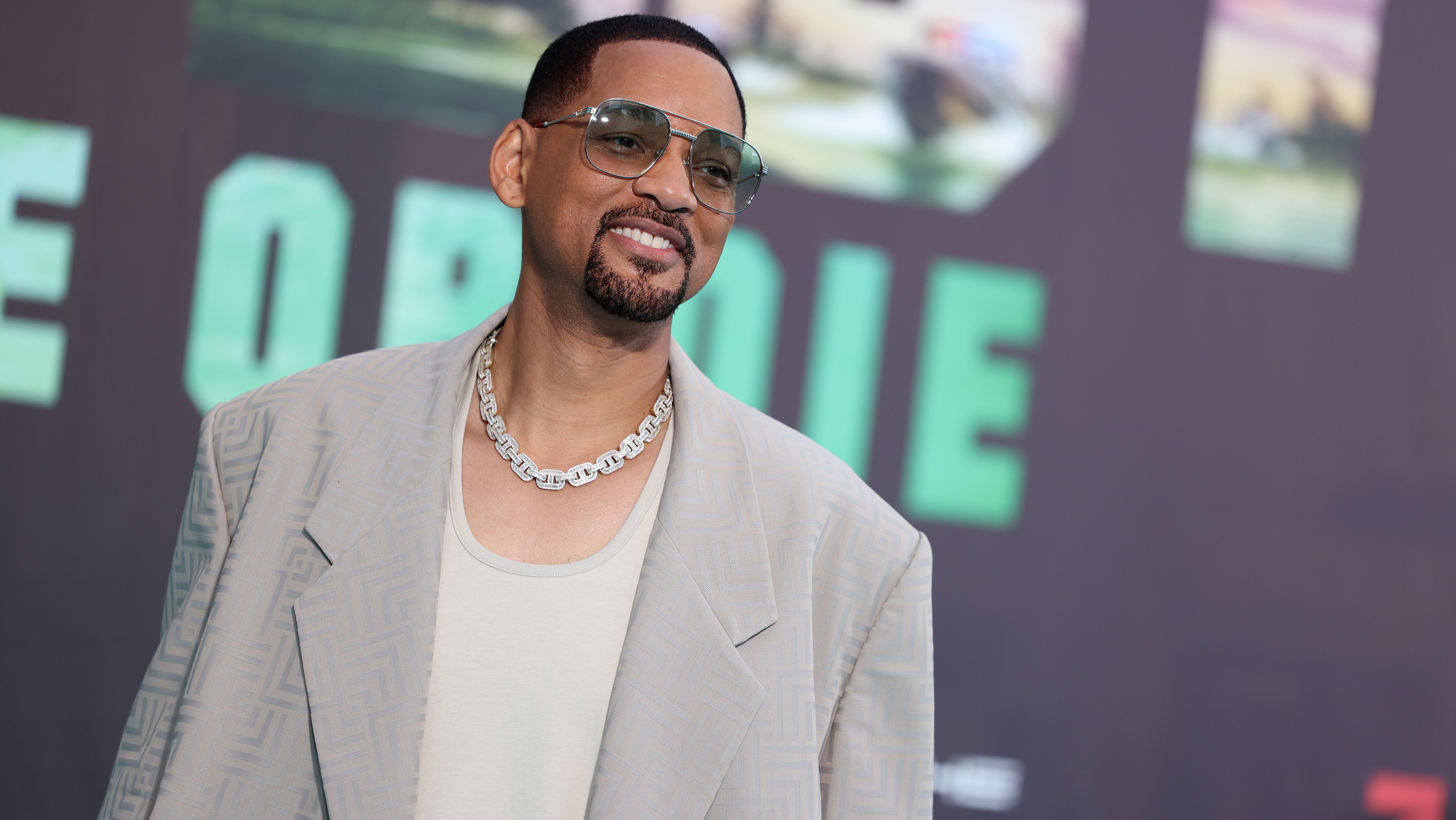
In the article, the author discusses Will Smith's recent film "Bad Boys: Ride or Die" and its impact on his career. The film was a make-or-break moment for Smith, as it would determine if he was still a Hollywood super A-lister.
Fortunately, "Bad Boys 4" was a box office success, making over $100 million in its first weekend in theaters. This success showed that Smith can still sell lots of tickets and attract audiences to the theaters.
The film also demonstrated Smith's global appeal, as it performed well in countries outside of the U.S.
Furthermore, the audience for "Bad Boys 4" was diverse, with 44% Black, 26% Hispanic and Latino, and 18% Caucasian viewers. Overall, Smith's comeback with "Bad Boys: Ride or Die" proves that he is still a beloved actor and a leading man in Hollywood.

In a recent event in Philadelphia, Florida Representative Byron Donalds made a controversial statement suggesting that Black families were stronger and more conservative during the Jim Crow era. His comments were swiftly challenged and criticized by other politicians and organizations.
The Jim Crow era was a period of segregation and systemic oppression for Black Americans, characterized by racial discrimination and violence. Slavery and Jim Crow laws were detrimental to Black families, as they often involved the separation of family members and the exploitation of slave labor.
By suggesting that the Black family was stronger during this time, Donalds is promoting a false narrative that disregards the historical reality of the suffering and disadvantages faced by Black Americans throughout history. To address issues of racial conflict and work towards racial reconciliation, it is important to acknowledge and confront the historical injustices and their lingering effects.

A new radio ad from President Joe Biden and Vice President Kamala Harris' reelection campaign highlights the administration's accomplishments for Black Americans. Titled "Promises Kept," the ad focuses on the Biden Administration's efforts to advance societal and economic progress for the Black community.
It emphasizes actions such as securing pandemic recovery money, prioritizing Black-owned businesses, and lowering healthcare costs. The ad also contrasts the administration's track record with the lack of genuine Black outreach from former President Donald Trump.
The campaign aims to target Black voters in key battleground states, including Georgia, Michigan, North Carolina, Pennsylvania, and Wisconsin. This radio ad is part of a broader effort by the Biden-Harris campaign to appeal to Black voters, a demographic crucial to their election success.

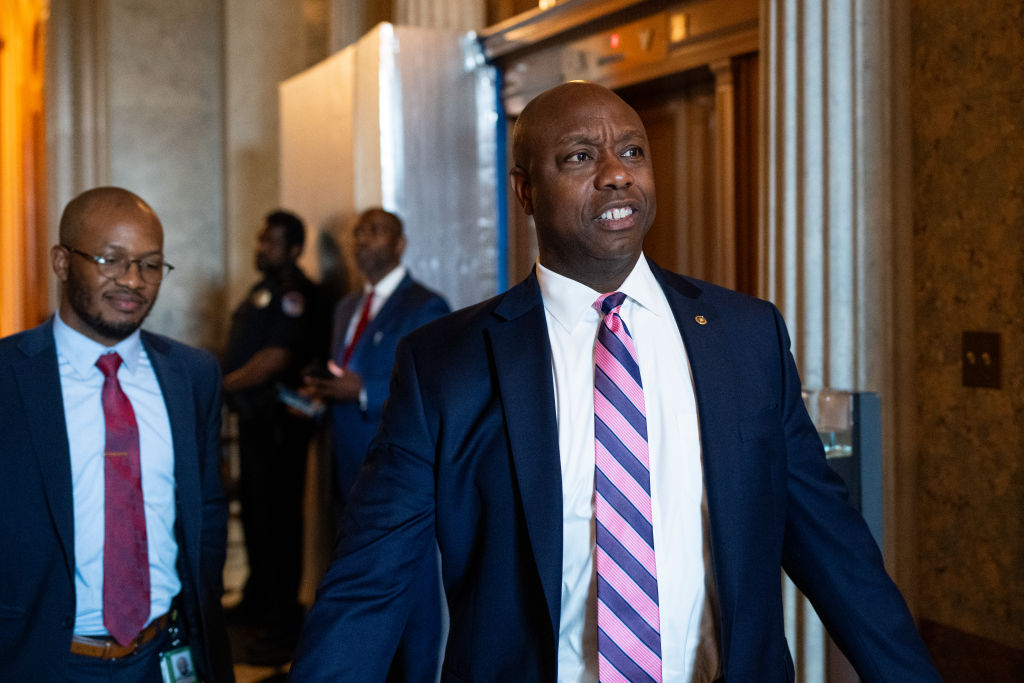
In a recent video clip that has gone viral on social media, Republican Senator Tim Scott defended "junk fees," hidden corporate charges that consumers are forced to pay for services. Scott argued that these fees are not unnecessary and that the average consumer doesn't see them as "junk.
" However, data shows that nearly 90% of voters in battleground states have been charged junk fees, costing consumers about $90 million annually. Furthermore, a report by Navigator Research found that 87% of Americans support Congress passing a ban on hidden and unexpected fees.
The Democratic National Committee (DNC) quickly criticized Scott's defense of junk fees, calling him "shamelessly out of touch." The DNC provided data showing bipartisan opposition to junk fees, with 77% of voters supporting a proposal to ban hidden fees.
Scott's defense of junk fees highlights his lack of understanding of the financial burdens faced by the average American consumer.
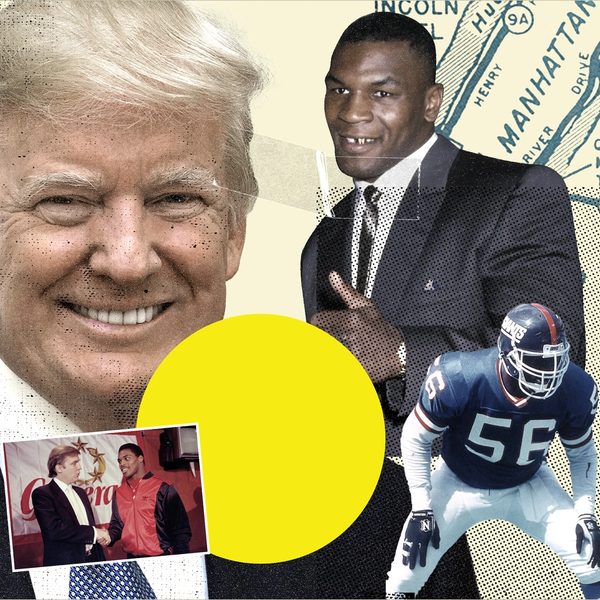
The article explores how Black sports icons from the 1980s are shaping Donald Trump's approach to race, politics, and masculinity. The author recounts their interviews with sports figures such as Darryl Strawberry, Mike Tyson, and Lawrence Taylor, who have supported Trump and share similarities in terms of fame, media attention, and legal issues.
Trump's relationship with these icons is seen as a way to appeal to Black voters, who are typically more inclined to support Democrats. The article also discusses Trump's controversial remarks and actions regarding race, as well as the skepticism of Democrats who view his appeals to Black voters as disingenuous.
Ultimately, while Trump has gained some support among nonwhite voters, there is no evidence to suggest a major shift among Black voters towards the Republican party.
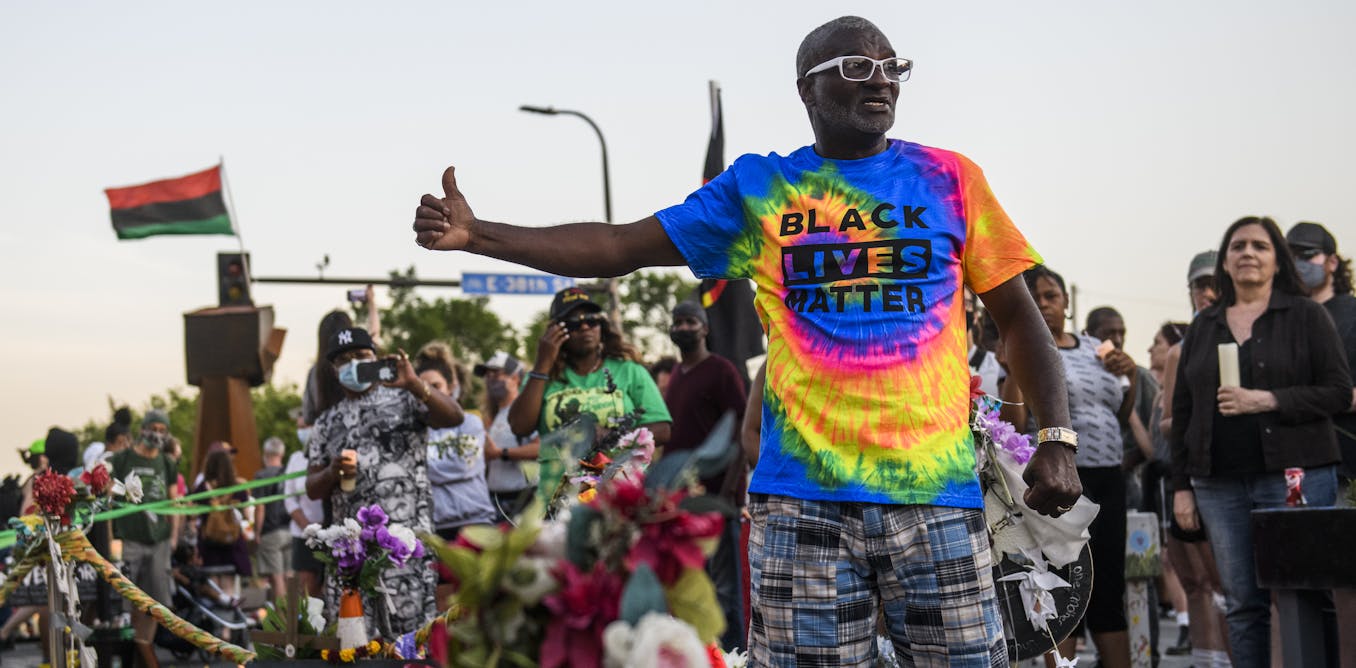
Tragic events in the United States used to unite Americans, but now they divide them. This article explores the shift in how tragic events are viewed and responded to in the country.
In the past, tragedies were often attributed to forces such as God, fate, or individual responsibility. However, today's explanations focus on assigning blame to societal institutions such as the government, industry, and culture.
This change in understanding has led to public tragedies becoming politically consequential, contributing to increasing political polarization and a sectarian tone of political rhetoric. Additionally, Americans' fear and sense of vulnerability to circumstances beyond their control have inspired sympathy for victims of tragic circumstances.
Political interests on both the left and right now routinely use claims of victimization to gain support and advantage. This has further intensified political competition and cultivated sympathy for claims of societal victimization, elevating victimhood as a political identity.

Donald Trump has claimed that he is not racist because he has "so many black friends," as he works to gain support from African-American voters in the swing state of Michigan. The former president made the comments before a campaign stop in Detroit, where he plans to meet with black churchgoers.
Trump has faced allegations of racism throughout his career, but he argues that his black friends would not support him if he were truly racist. The trip to Detroit is part of Trump's strategy to undermine the fragile coalition that helped President Biden win the election.
The Democrats are concerned about dwindling support among black voters in cities like Detroit, Philadelphia, and Milwaukee, which could have an impact on future elections.

Independent voters who live in communities with high levels of gun violence are more concerned about gun safety and regulations, according to research. However, Democrats and Republicans in those same communities tend to have views on gun violence that align more closely with their party leaders' views rather than their own experiences.
The same pattern is observed for other political issues as well. Independents' political views are influenced by the economic and social conditions they see and experience daily.
On the other hand, Democrats' and Republicans' perspectives are often based more on the information they receive from political figures and partisan outlets. The research suggests that while some politics can still be local and personal, this tends to apply only to independent voters and not Democrats or Republicans.


In this article, the author discusses the lies that Donald Trump has been telling in his pitch to African Americans. They refute his claims about low unemployment rates, work opportunity zones, criminal justice reform, and funding for historically Black colleges and universities (HBCUs).
The author provides evidence to debunk each of Trump's claims, highlighting the true facts behind these issues. For example, they point out that the record low unemployment rates for African Americans and Hispanics actually occurred under President Joe Biden, not Trump.
They also explain that work opportunity zones have been proven to be ineffective in helping poor communities. Furthermore, they highlight how the First Step Act, a criminal justice reform initiative, was already in place before Trump took office and that his administration actually took actions against criminal justice reform efforts.
Overall, the article exposes Trump's lies and provides the truth behind his claims.

Former President Donald Trump is leading President Joe Biden by two points in the latest general election survey by Reuters/Ipsos. However, one in five voters are still undecided in the race.
The Reuters/Ipsos poll showed that if the election were held today, Trump would win with 41% of the vote compared to Biden's 39%. Another survey by Economist/YouGov also showed Trump with a two-point lead.
While 61% of voters said that Trump's recent conviction would not impact their vote, some surveys suggest that his lead is slipping in the wake of the verdict. It is worth noting that polls seem to favor Trump due to disengaged voters who may not participate in the 2024 election.
In seven crucial swing states, Trump consistently leads Biden. There is also a possibility that Robert F.
Kennedy Jr., an independent candidate, could sway the election in an unpredictable manner.
Overall, the race between Trump and Biden remains highly competitive, with both candidates having relatively low favorability ratings and low voter enthusiasm.Thank you

Please support
"Introducing 'Knox Discovers Democracy' – a delightful journey through the USA political process tailored for young children. Join Knox as he embarks on an adventure to learn about democracy, elections, and the power of voting. Through colorful illustrations and engaging storytelling, children will explore the importance of civic engagement and discover how their voices can shape the future. Get ready to inspire the next generation of active citizens with Knox's empowering tale!" Free ebook download Link below

